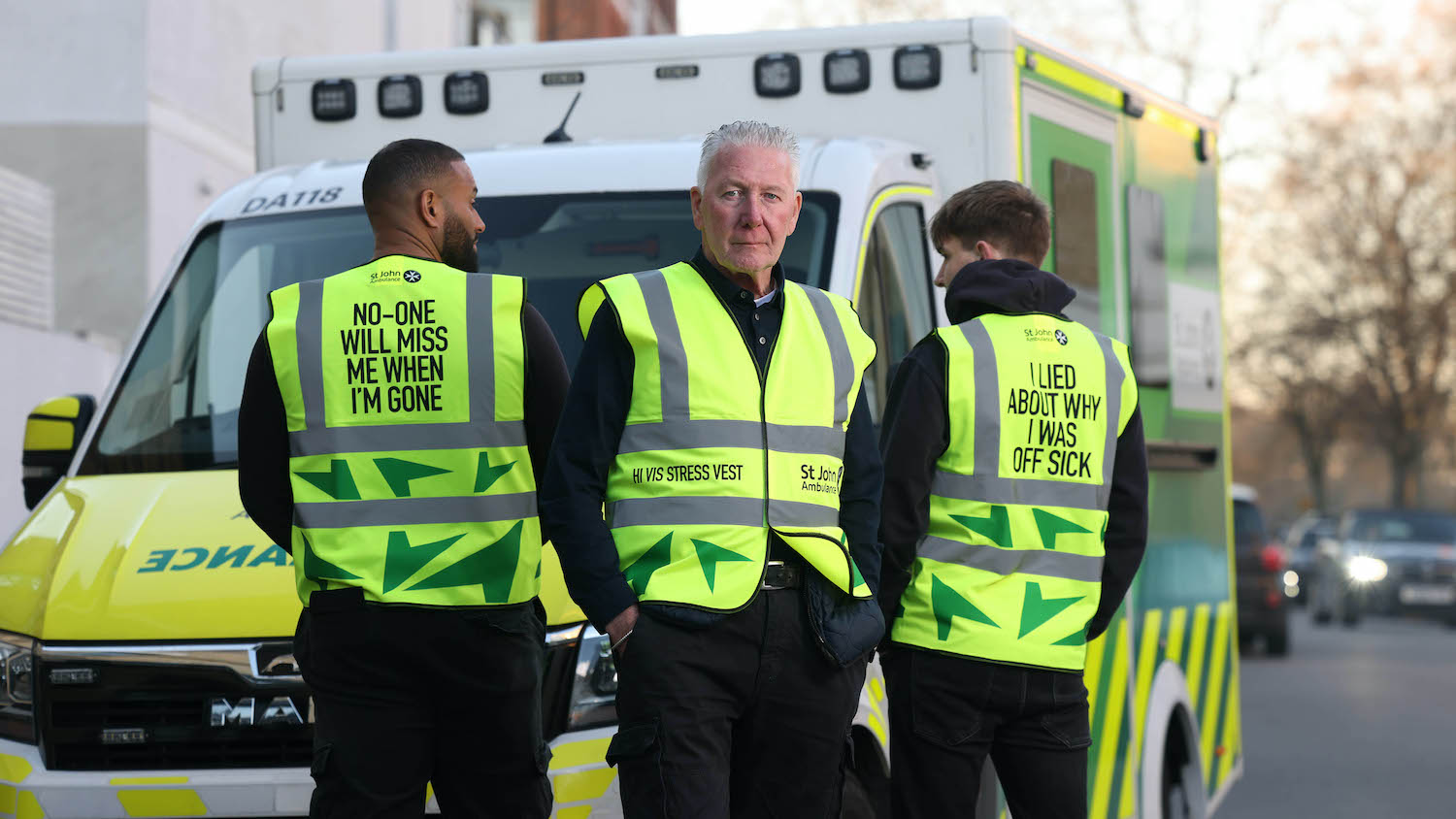
Construction office jobs more stressful than site work, study shows
Workers are urged to open up to family, friends, or colleagues to help combat occupational stress
Office workers in the construction industry find their jobs more stressful than site workers, according to new research.
The study, conducted by researchers from the University of Cambridge, highlights the need for effective strategies to combat workplace stress which can negatively impact job performance and personal life.
The findings, published in scientific journal Healthcare, includes data from participants across 12 UK employers in the construction industry.
According to the research, 70% of site workers find their jobs either ‘moderately stressful’, ‘very stressful’, or ‘extremely stressful’, compared to 85% of office workers.
No participants characterised their jobs as ‘not stressful’.
Professional and personal impact
Overall, 80% of participants said work stress can negatively impact their jobs, and 75% indicated that stress can negatively impact their personal lives.
The major sources of stress were found to be high workloads, tight deadlines, situations not being under one’s control, and responsibility for the safety of others.
Commenting on the importance of effective coping mechanisms, Olivia Remes, co-author and a mental health researcher at the Cambridge Laing O’Rourke Centre at the Department of Engineering, said: “Opening up to family, friends, or colleagues about workplace stress can be helpful.
“Having a robust support network acts as a buffer against stress and is beneficial for mental health.”
Effective strategies
Some of the participants said they cope with workplace stress by “blocking it out” or keeping it to themselves.
“Blocking out or bottling up stressful problems may lead to feelings of helplessness and other negative consequences,” said Remes. “Instead, connecting with supportive others during stressful times can be more effective.
“In fact, self-disclosure and sharing your thoughts with a close family member, friend or colleague has been linked to greater resilience.”
Co-author Rachel Blair Winkler highlighted the importance of tailored programmes that consider the individual, as well as the context.
She said: “It’s essential to consider various professional responsibilities, environmental conditions, and organisational cultures when developing wellbeing initiatives. This will be one of the next steps in the research.”
Mental health support and advice for CIOB members, past members and related family is available through CIOB Assist. CIOB, in partnership with Anxiety UK, also provides wellbeing support.For additional support or advice, contact the Samaritans by calling 116 123.
Support is also available via the industry charity Lighthouse Club by calling the support line on 0345 605 1956 or texting HARDHAT to 85258.







